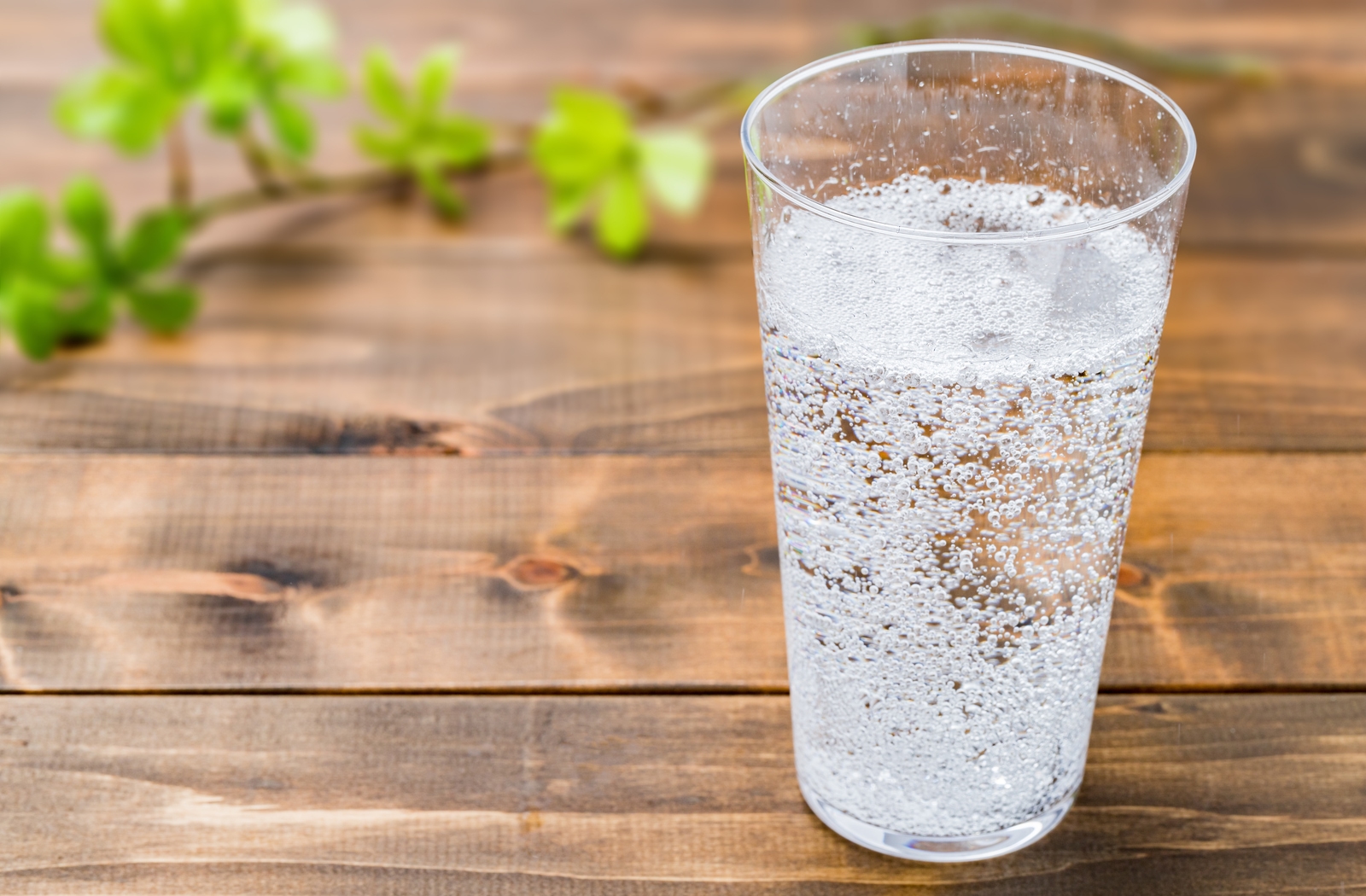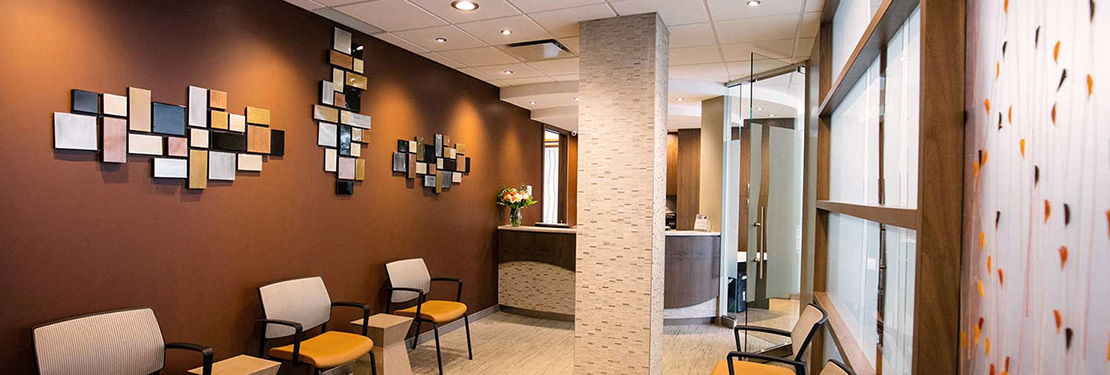It’s common knowledge that sugary drinks are harmful to the teeth. The bacteria living on the surfaces of the teeth create an acid from the sugar we consume. This may lead to cavities and an appointment with your dentist to repair the damage with a dental filling.
Many patients are surprised to learn that the carbonation in the sugary drink can be just as damaging as the sugar itself.
Is Carbonated Water Bad for Your Teeth?
We have all enjoyed the fizzy, light taste of carbonated water, but is it putting your teeth in harm’s way? The truth is that any carbonated drink has a higher acidity level, but unflavoured sparkling water is unlikely to damage your tooth enamel.
Current research states that carbonated water poses little harm to your teeth. When comparing tooth enamel damage over time, the results showed that unflavoured sparkling water and non-carbonated water have a similar effect on your teeth.
Watch What’s in Your Carbonated Water
While unflavoured carbonated water is an alternative to sugary drinks, try to drink as much regular water as possible. It helps to wash away leftover food debris and prevent your mouth from drying out.
Note that citrus flavouring will increase your risk of erosion. If you have citrus-flavoured water, try to drink it all in one sitting to avoid more exposure to your teeth.
If the sparkling water you’re drinking has added sugar, this isn’t water. It’s considered a sugar-sweetened drink that can contribute to cavity development and enamel erosion.
Does Sparkling Water Cause Cavities?
Unsweetened sparkling water is unlikely to cause cavities because it lacks sugar, which cavity-causing bacteria thrive on. However, if it contains added sugar, it can lead to cavities over time. While the acidity of plain sparkling water may contribute to enamel wear, it’s best to drink it in one sitting to limit acid exposure. For optimal dental health, regular water remains the best choice.
What is Enamel Erosion?
Enamel is your tooth’s first line of protection. It’s a thin, translucent shell that covers the visible surface of the tooth. Your enamel offers protection from everyday habits, including chewing, biting, crunching and grinding your teeth. Even though enamel is one of the hardest tissues in your body, it can still crack or break due to wear (erosion), decay and biting forces.
Erosion occurs when acids wear down the enamel on your teeth. This loss is permanent as enamel has no living cells, which means your body isn’t able to repair itself. You may notice the following signs of enamel erosion.
Enamel Erosion Signs
There are many symptoms of erosion, depending on its stage of development. You may notice:
- Tooth sensitivity
- Tooth discolouration
- Cracks & chips
- Severe tooth sensitivity
- Indents on your tooth where you bite
- Smooth & shiny spots on your tooth
What Causes Enamel Erosion?
Your enamel may erode due to the following:
- Soft drinks
- Fruit juices
- Sour food & candy
- Dry mouth or decreased saliva
- Excess sugar or simple carbohydrates
- Acid reflux or heartburn
- Gastrointestinal issues
- Medications like antihistamines, aspirin, & vitamin C
- Too much alcohol
- Attrition
- Abrasion
- Abfraction
- Corrosion
The food and drinks you enjoy can have an impact on enamel erosion. Watching what you ingest can help protect your teeth.

What Foods & Drinks Should You Watch Out For?
If you’re hoping to protect your teeth from erosion, it is important to consider changing your dietary habits. While you don’t need to completely avoid these foods and drinks, consider limiting your use or consuming them differently than before.
Carbonated Flavoured Drinks
Consider replacing carbonated flavoured beverages like soda or flavoured sparkling drinks with water, unflavoured carbonated water, tea, or milk. If you choose to consume sugary drinks, enjoy them in moderation and try not to sip or swish them around your mouth.
Juices
It’s important to note that even fruit juices with no added sugar still contain naturally-occurring sugars, which also contribute to enamel erosion and cavities. If you’re craving fruit juice, drink it with a meal as the food you consume helps to reduce the acidity of the juice, or dilute the drink slightly by mixing it with water.
Alcohol
If you choose to drink alcohol, consider protecting your teeth and your overall health by drinking responsibly and in moderation. Watch for the sugar content in sodas, juices and flavoured alcoholic drinks. Avoid adding lemons or limes as they increase the acidity of the drink. Consider adding food to the occasion to help reduce the potential enamel damage from the acids and sugar.
Fruits
Avoid eating fruit as a stand-alone snack during the day; consider having vegetables, nuts, or cheese with it. Fruits can be acidic and are best with a meal. Bananas and plums are a less acidic option than citrus fruits.
Acidic Dressings
Acidic dressings include ketchup, vinegar, and lemon juice-based sauces. Consider reducing the amount of these dressings you add to your meals.
Besides limiting certain foods and drinks, what else can you do to protect your teeth from enamel erosion?
Tips to Avoid Enamel Erosion
- Limit acidic foods & drinks and rinse your mouth with water afterwards
- Use a straw when drinking acidic drinks
- Finish your meal with a glass of milk or a piece of cheese
- Monitor the frequency of your snacking throughout the day
- Chew sugar-free gum between meals
- Increase your daily water intake
- Use fluoride toothpaste
- Use an electric toothbrush or a soft-bristled manual toothbrush
Protect Your Teeth From Enamel Erosion
While changing your daily habits can help to prevent enamel erosion, remember to visit your dentist regularly to address any dental problems before they become painful to live with and more expensive to treat.
Your dentist can identify any potential issues and determine the most effective treatments for your dental needs.
If you’re experiencing any symptoms of enamel erosion, request an appointment today.








